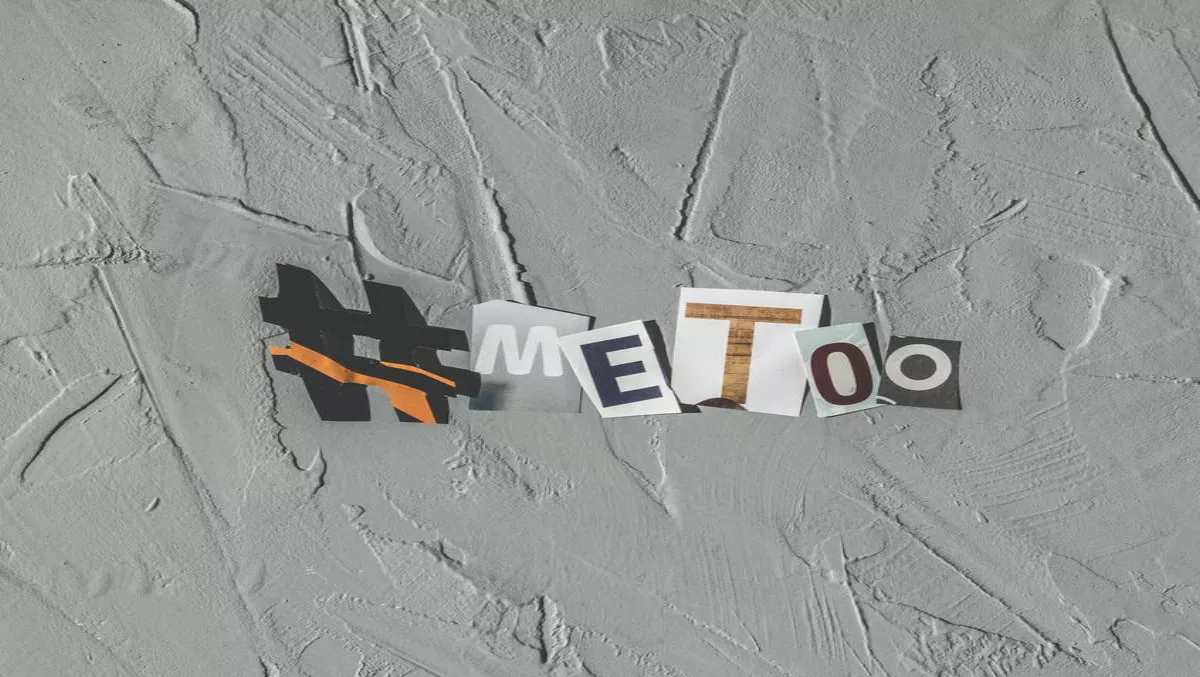
In the wake of the #MeToo movement, a group of Waikato business leaders are urging Kiwi companies to do more to manage sexual harassment allegations in their respective workplaces.
Organised by HMC Communications, CRUNCH (Crucial Conversations over Lunch) brought together experts in legal, human resources, communications and public sectors, and CEOs, general managers and social services executives. The focus of the event was to discuss how sexual harassment in the workplace can damage a organisation's reputation.
HMC Communications director Heather Claycomb says it's incredible to think that the indiscretions of one man, Harvey Weinstein, have created such a tipping point around harassment, leading to the #MeToo movement.
Created by activist Tarana Burke, the #MeToo hashtag went viral late last year shortly after the sexual harassment claims against Harvey Weinstein came to light.
The hashtag was then posted online by individual users to indicate that they too have been a victim of sexual assault. The purpose of the movement is to demonstrate the magnitude of this global problem, especially in the workplace.
“This is not only impacting individual's lives but also impacting the reputations of big organisations around the world who aren't handling situations well,” Claycomb adds.
“It might be easy to assume this is all about Hollywood, or that it's nothing to do with businesses in New Zealand, but what we've seen in the past few months is a sea-change in how harassment is viewed and the expectations on those who know something is going on but do nothing about it.
Media lawyer at Simpson Grierson, Willy Akel, says an organisation's senior leaders need to act quickly if an allegation of sexual misconduct is made against a staff member.
“This is your reputation at stake here and you need to get everyone in the room together, so you are on the same page,” he adds.
“The first thing to do is get your key decision makers together right away – the CEO and the senior management team, plus your human resources and communications advisors.
Claycomb says the conversation of what's appropriate in the workplace needs to happen from the get-go, and that includes outlining clear expectations.
It's about how companies build their culture in the first place, she adds.
“They need to get ahead of the curve and be open when discussing what's okay and what's not okay.
What's interesting, Claycomb continues, is that although many companies in New Zealand have been leaders over the past decades in terms of having zero tolerance for sexual harassment, some companies today are still behind.
“There are still some businesses that think – if you don't like it you can go and work somewhere else.
C J McFarlane company director Craig McFarlane says from a governance perspective it is important to plan for such a crisis and get professional help – from outside the organisation if needed.
“Boards should be directing CEOs to report on the number and seriousness of staff incidents involving sexual misconduct, bullying, and similar misconduct,” MacFarlane stresses.
“Directors need to understand what is happening inside the organisation they govern.
“If reports of misconduct are rife, that can signal a culture issue. And when a corporate culture is unhealthy, not only are there health and welfare risks to staff but the company reputation is at risk as well,” he adds.
Claycomb concludes, “When people prepare for a crisis or pull out their crisis manual, they have often prepared for situations like a fire burning down a building or an employee workplace death - which are operations situations.
“When it comes a reputational crisis, we find companies are often unprepared.
Claycomb also suggests that boards and leadership teams take the time to put the #MeToo movement on their agenda.
“Take 15 minutes to talk with your leadership team about situations such as the #MeToo movement and how it could impact on the organisation.
“Talk about how you would react if a staff incident occurs tomorrow and discuss what you should do to prepare if an incident occurs in the future.